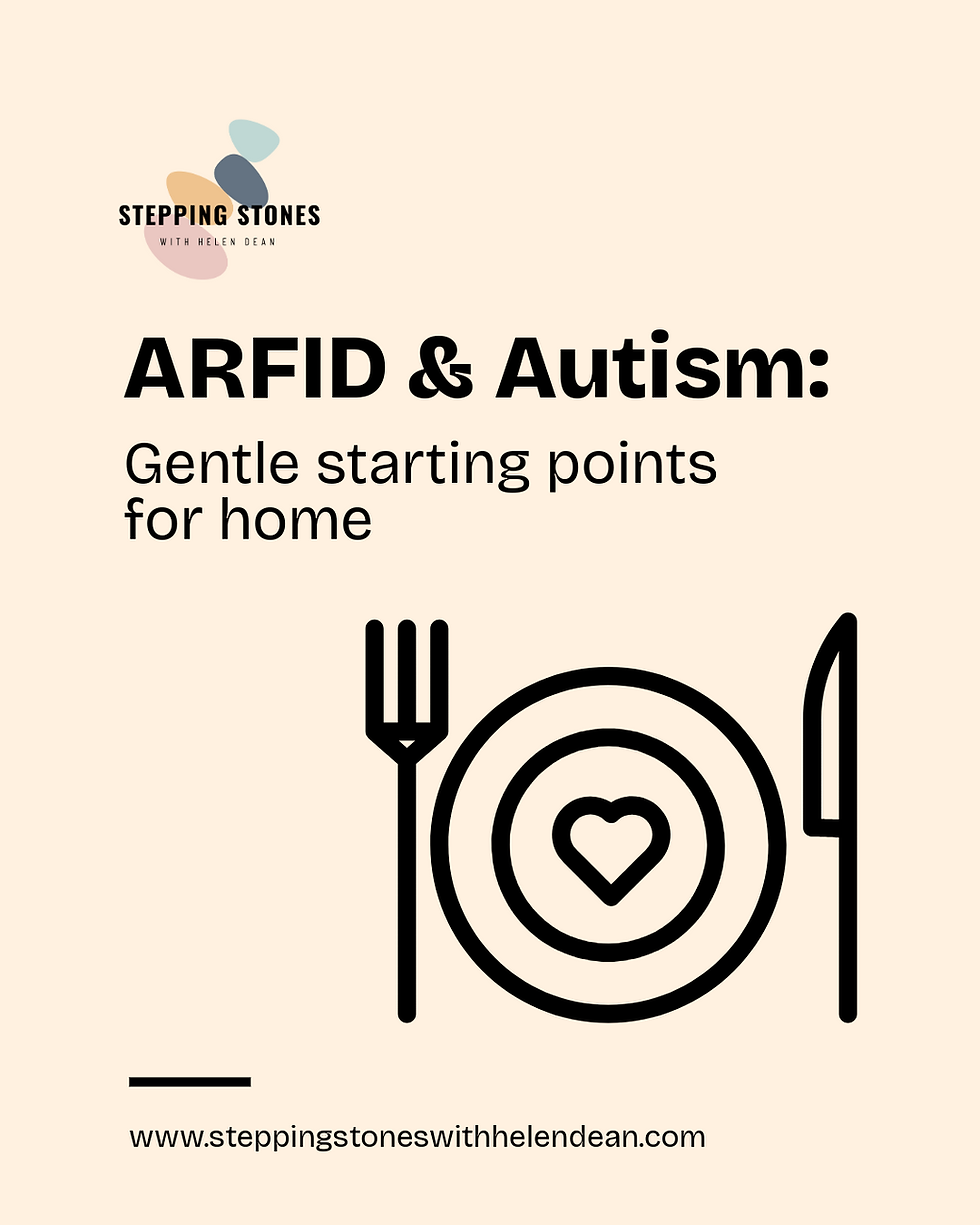Don't let fear stop you from going outside!
- hdean1974
- Oct 24, 2023
- 2 min read
Social anxiety, also known as social phobia, is a common mental health condition characterised by intense fear and anxiety in social situations. People with social anxiety often experience excessive worry about being judged, criticised, or embarrassed in social interactions, which can lead to avoidance of social situations. Social anxiety can affect various aspects of a person's life, from relationships and work to daily activities and self-esteem. Here are some key aspects of social anxiety:

1. Symptoms of Social Anxiety:
Intense fear or anxiety in social situations where the individual may be observed or evaluated by others.
Physical symptoms such as blushing, trembling, sweating, a racing heart, and nausea.
Avoidance of social situations or enduring them with significant distress.
Excessive self-consciousness and fear of negative judgment.
Worrying about social events in advance.
Difficulty with public speaking, meeting new people, or participating in group activities.
2. Causes of Social Anxiety:
Social anxiety can have various causes, including genetics, brain chemistry, and life experiences. It may be related to a combination of these factors.
Traumatic or embarrassing social experiences in the past can contribute to the development of social anxiety.
3. Impact on Daily Life:
Social anxiety can significantly impact a person's daily life, affecting their ability to form relationships, pursue career opportunities, and participate in social and leisure activities.
4. Treatment:
Social anxiety is a treatable condition. Common treatment options include cognitive-behavioral therapy (CBT), exposure therapy, and medication.
CBT helps individuals recognize and change negative thought patterns and develop effective coping strategies.
Medications, such as selective serotonin reuptake inhibitors (SSRIs) or anti-anxiety medications, may be prescribed by a healthcare provider for some individuals.
5. Self-Help Strategies:
Practice relaxation techniques, such as deep breathing or progressive muscle relaxation, to manage physical symptoms of anxiety.
Gradual exposure to feared social situations can help desensitize individuals to their anxiety triggers.
Challenge and reframe negative thoughts about social situations.
Join support groups or seek the assistance of a therapist to develop coping skills.
6. Seeking Professional Help:
If social anxiety is significantly affecting your life and well-being, it's important to seek help from a mental health professional. They can provide a proper diagnosis and create a personalized treatment plan.
Social anxiety can be challenging, but with the right support and treatment, individuals can learn to manage their anxiety and improve their quality of life. It's important to reach out to a mental health provider if you or someone you know is struggling with social anxiety.






Comments